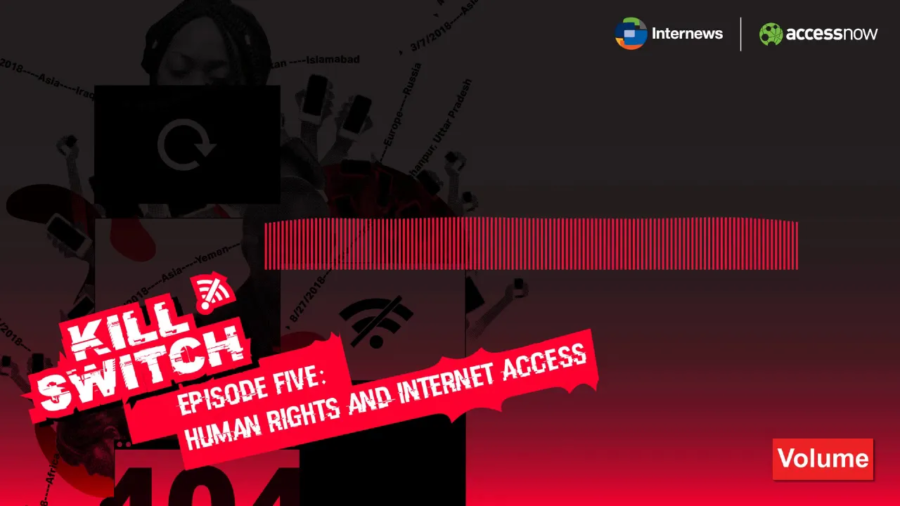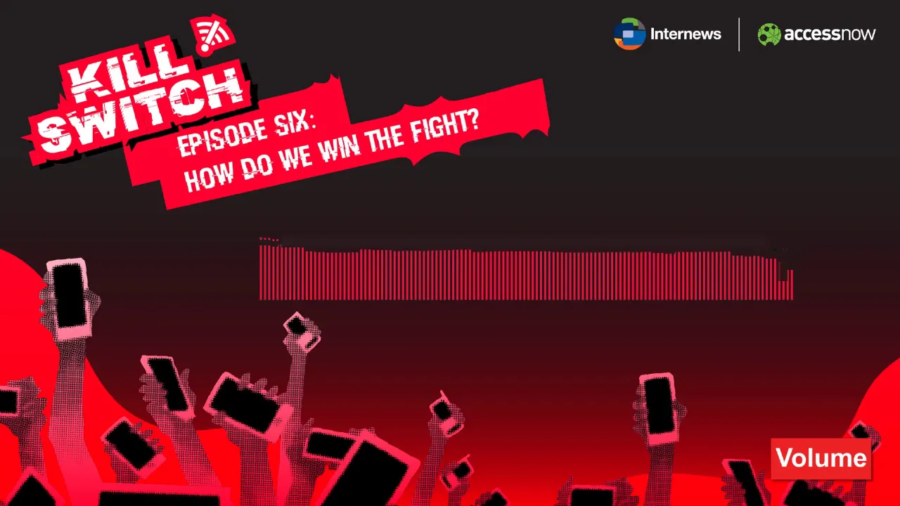The Internet shutdown is not about you. It’s not targeted at you. The Internet shutdown is really about the protesters. Amid the cloud of tear gas in the streets, retreating from a volley of stinging rubber bullets, are the real targets of the shutdown. Now that their mobile phones aren’t connected, they can’t regroup, organize, and reassess their rights. And they can’t document or report on how the security forces are switching from rubber bullets to live ammunition. They can’t tell the world that they are about to be slaughtered. And they can’t ask for help.
Felicia Anthonio
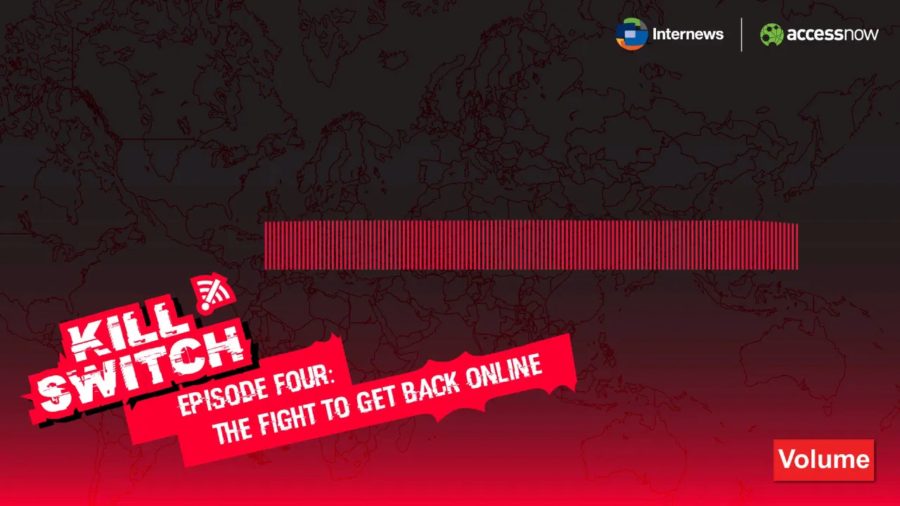
It’s been a crazy month. It feels like you’re living a completely different life than you used to. You have no connection with the outside world. The only news you are getting comes from the government. The same government that has been blocking your Internet access. How can you believe anything they are saying right now? You need to find a way to be back online.
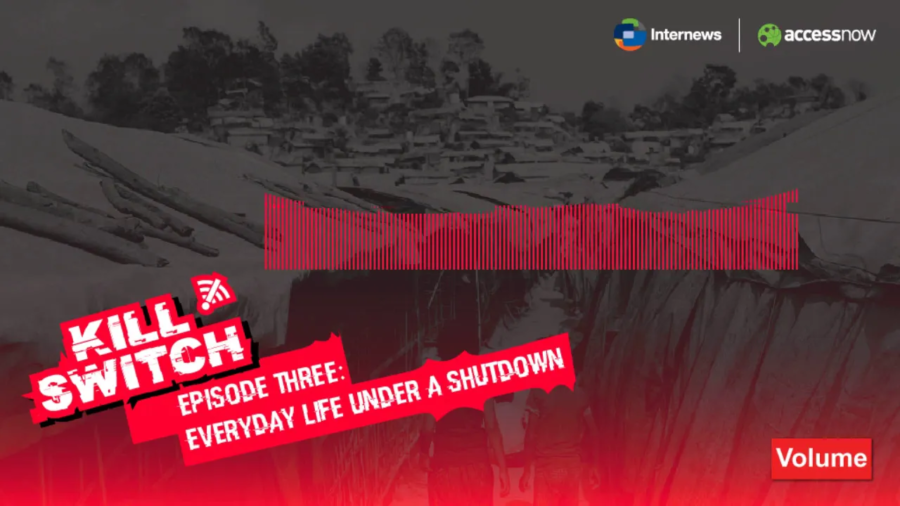
You thought that missing your chance to apply for university would be the worst thing to happen due to the shutdown. But looking back now, more than three months into the shutdown, you realize that was only the beginning. There were a lot of unintended side-effects of the Internet shutdown that neither you nor anyone else saw coming at first.
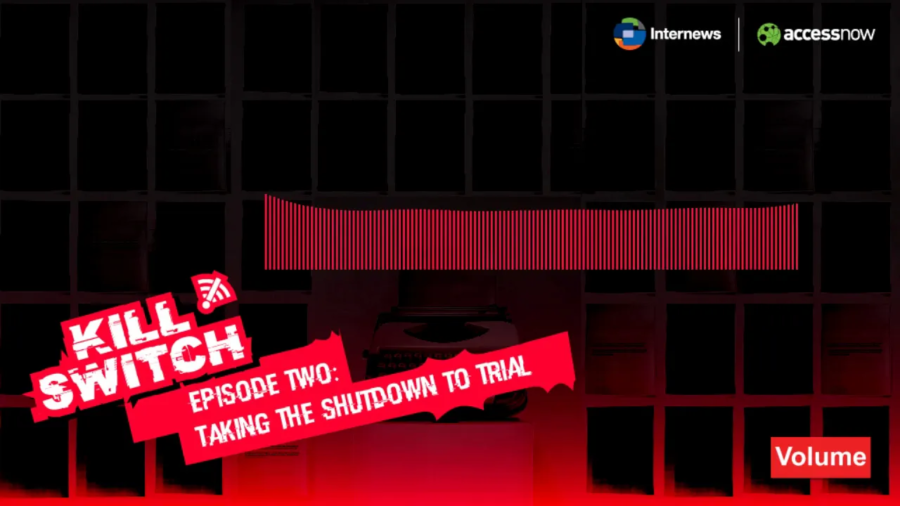
Your government claims that what it’s doing is legal. That they are following the letter of the law. Could you perhaps make an argument against this claim? Could you prove that the Internet shutdown is in fact illegal, unconstitutional, and fundamentally undemocratic? If you could make that case, would they really let you win?
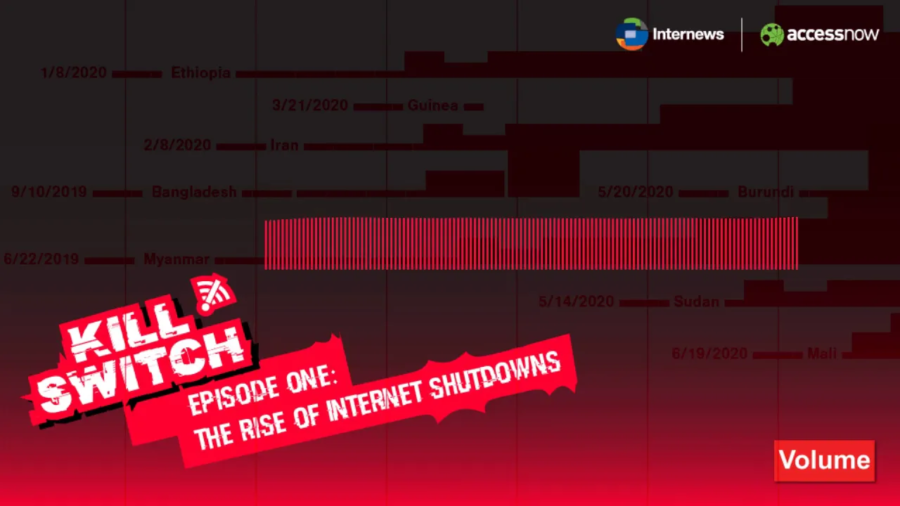
You desperately shoot off messages on your phone to find out what is happening. But none of the messages are going through anymore. Your Twitter feed is not refreshing. Even when you open your laptop and decide to try from there, it is useless. Your computer does not want to connect. Even this podcast you’re listening to right now stops streaming suddenly.

